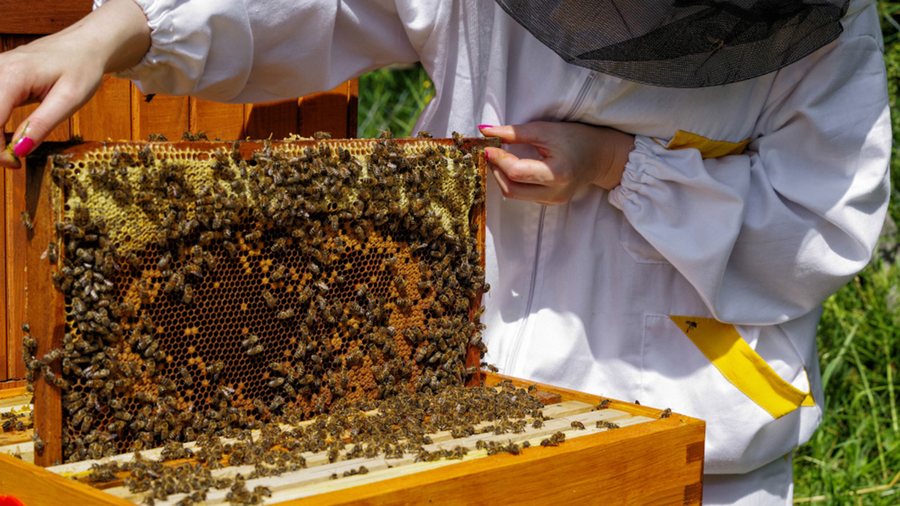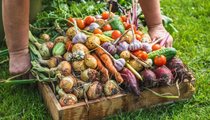Scientists create "superfood" for bees - New supplement significantly improves reproduction in colonies

A study led by the University of Oxford has developed a specially designed food supplement for bees that could help reverse the worrying decline in their populations. The supplement, designed to mimic key substances in plant pollen, significantly improved colony reproduction, according to findings published in the journal Nature.
Bees, critical pollinators for over 70% of global crops, face increasing threats from climate change and industrial intensification of agriculture, which are reducing floral diversity. Pollen provides specific lipids called sterols, which are essential for bee development, but commercial pollen substitutes often lack these components. This new “superfood” is not just a sugar, which beekeepers typically use during periods of food shortage, but contains all the ingredients needed to create healthy generations.
Professor Geraldine Wright from the Department of Biology at the University of Oxford described this compound as “complete food for bees.” The research team, in collaboration with other institutions, modified a microorganism to produce the six main sterols identified in bee tissues.
"By using these microorganisms to produce sterols, we can create a pollen substitute that can sustain bee colonies indefinitely. And that's a huge achievement for beekeepers. They haven't historically had a tool like that," Wright said.
In three-month experiments in controlled environments, colonies fed the sterol-enriched supplement produced up to 15 times more larvae than colonies not fed the supplement. They also maintained more consistent egg production.
This innovation has the potential to reduce competition for wild pollen, increasing bee resilience and supporting global food security.
Large-scale field trials are planned to confirm the long-term benefits. Belgian company Apix Biosciences has partnered with the Oxford team to begin commercial production of this "food" in 2026. With bee populations at risk worldwide, Wright believes this could be the key to stopping them from going extinct.

New tariffs for Cultural Heritage services - Instruction approved, payment up to 500 thousand lekë
The joint instruction of the Ministry of Economy, Culture and Innovation and the Ministry of Finance that determines the fees for the services provided by......

Online applications for Albanian passports increase - 9.2% in total in 2025 via e-Albania
Applying for a passport and identity card is now possible online through e-Albania, even for Albanians residing abroad. According to figures published by......

Political crisis threatens France - What are the next steps that President Macron could take?
France was once again engulfed in political turmoil after Prime Minister François Bayrou's government lost a crucial vote of confidence in parliament, forcing......

Clean Energy Grant in Kosovo - Luxembourg finances 1 million euros. Agreement signed
The Luxembourg government will finance a 1 million euro grant for clean energy in Kosovo. The agreement signed the day before is part of the "Energy......

What happened in the foreign exchange market today?!
The US dollar has had a slight increase in its value this morning but without any significant change compared to yesterday, as it was bought today at 82 lek......

OpenAI, 115 billion USD in spending by 2029 - Growth comes due to higher costs for chips, data centers
OpenAI has sharply increased its projected net spending through 2029, to $115 billion. The move comes as the startup ramps up investments to power the......

France, bonus to boost the automotive industry - 1,000 euros for the purchase of electric cars with European batteries
The French government announced an additional bonus of 1,000 euros for the purchase of a European-made battery electric car. The decision aims to support the......

Lushnje, municipality administrators are introduced, Balluku: Engagement in the field, the main focus
The new team of municipal administrators has been introduced in Lushnja. The news was announced through a post on social networks by Deputy Prime Minister......


















